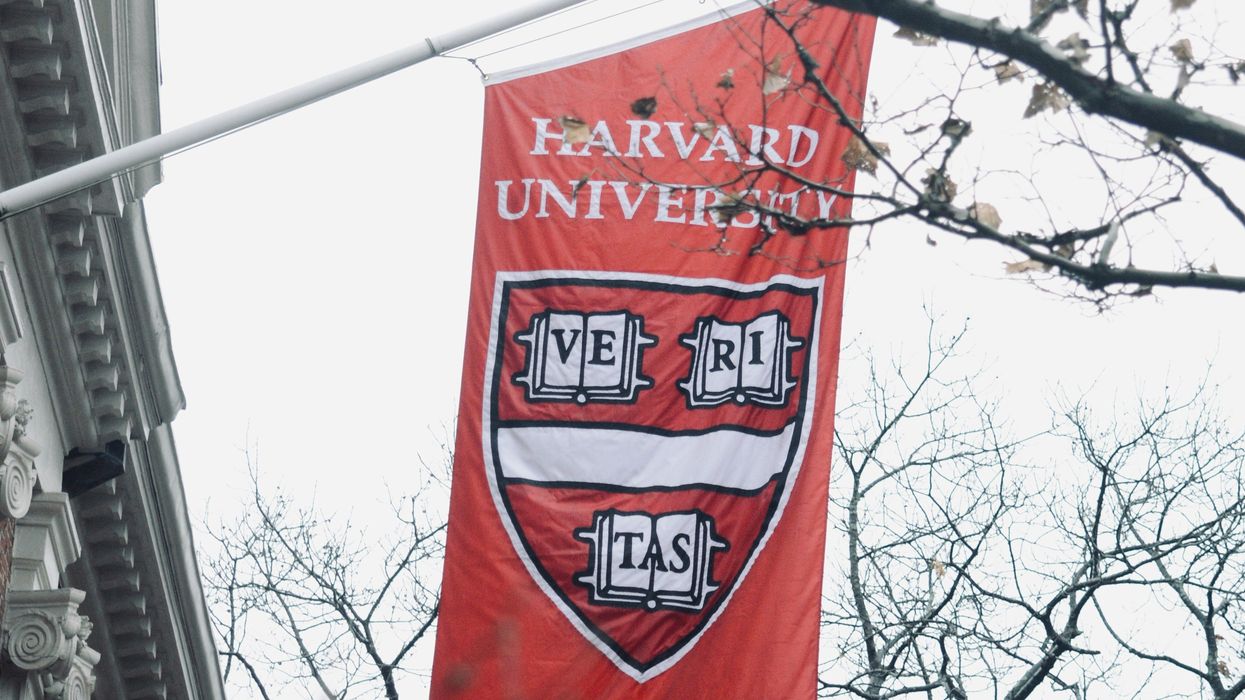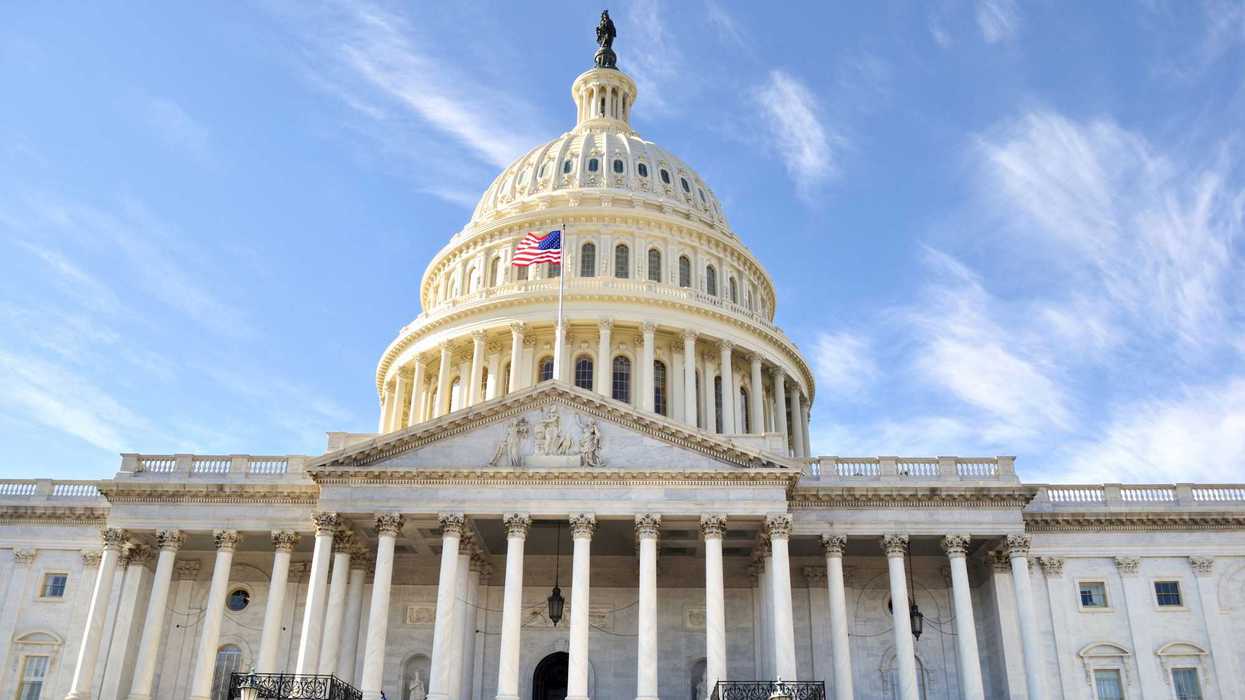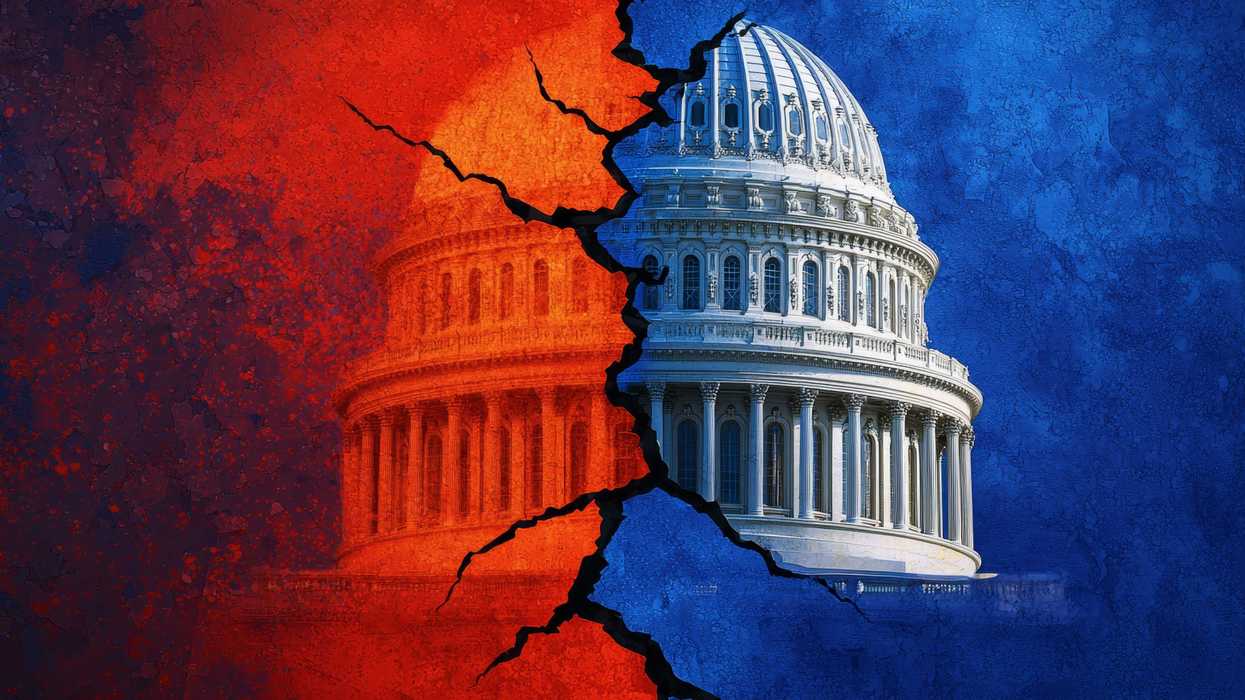President Donald Trump has escalated his standoff with Harvard University, seeking yet another path to prevent international students from entering the school, just days after a judge blocked an earlier attempt to revoke Harvard’s ability to enroll them. Trump has issued a sweeping travel ban targeting nationals from 19 countries, aimed explicitly at restricting their access to Harvard. “Harvard’s conduct has rendered it an unsuitable destination for foreign students and researchers,” the proclamation stated, launching a bureaucratic assault that now stretches across embassies, immigration offices, and courtrooms.
In its nearly 400-year history, Harvard University has weathered religious dogmatism, civil war, global conflict, and cultural revolutions. But the latest test confronting America’s most venerated academic institution does not come from theological censure or geopolitical turbulence - it stems from the Oval Office itself. Trump has cast Harvard as public enemy number one in his populist theatre. But this is more than a political vendetta - it’s a stress test of American democracy.
That the battle lines now run through the classrooms of Cambridge, Massachusetts, rather than the corridors of Capitol Hill, should give any observer pause. This is not a spontaneous policy clash but a concerted campaign to convert America’s bastions of knowledge into compliant arms of executive power. From visa bans to financial strangulation, Trump is not merely targeting a university - he is attempting to remold the intellectual landscape of the nation.
The latest proclamation suspends the entry of foreign nationals seeking to study or participate in exchange programs at Harvard and suggests visa revocation even for those already in the U.S. The chilling message: not even the world’s most renowned university is safe from ideological punishment. Secretary of State Marco Rubio and Homeland Security Secretary Kristi Noem are now gatekeepers of academic migration, with the power to decide, case by case, whether international scholars are allowed to remain - a level of discretionary control that feels less like policy and more like a purge.
The struggle, now playing out in courts and campaign rallies, reads like a McCarthyite sequel: threats to cut Harvard’s international enrollment, freeze $3 billion in research funding, and revoke its tax-exempt status. All justified in the name of battling antisemitism or cracking down on “foreign entanglements.” Apparently, what unnerves Trump and his ideological architects - Stephen Miller and J.D. Vance foremost among them - is not Harvard’s perceived left-wing tilt, but its resilience. It's refusal to genuflect.
To the casual observer, the confrontation may seem like a parochial spat between an egotistical president and an elite university. But that is precisely the trap. What is unfolding is not a political disagreement; it is the slow-motion decapitation of a centuries-old commitment to free inquiry. “Let this serve as a warning,” remarked Homeland Security Secretary Kristi Noem when announcing the ban on Harvard’s foreign student enrollments. It echoed not policy, but purge.
Harvard’s motto, Veritas, reportedly irritates Trump - and no wonder. In this ideological moment, truth is an obstacle to bulldoze. The administration’s talking points cite rising crime on campus and refusal to comply with DHS requests about “dangerous foreign students.” The accusations are unproven but politically potent. This isn’t governance - it’s an American-style Kulturkampf.
Even as peer institutions tiptoe toward appeasement, hoping to avoid the wrath of the White House, Harvard has drawn a line. “We will not surrender our independence,” declared interim president Alan Garber, defending the right of 7,000 international students - over a quarter of Harvard’s population - to learn and contribute freely. That quiet resistance stands in stark contrast to the louder retreats playing out across American academia.
Trump’s provocations are multifaceted. From freezing federal funds to scrutinizing social media profiles of student visa applicants, the administration is engineering a climate of intellectual fear. The attack on Harvard is both symbolic and strategic - a warning shot to any institution that dares to remain autonomous.
There’s also an unmistakable whiff of class warfare in this crusade. Trump’s electoral base - largely non-college-educated white men - has long harbored suspicion toward elite institutions. What better way to cement loyalty than to perform a ritual humiliation of the Ivy League? “Harvard wants to show how smart they are,” Trump quipped recently, “and they’re getting their ass kicked.” That wasn’t a policy pronouncement - it was a mob boss’s taunt.
Yet beneath the bluster lies a darker project: to recalibrate the cultural DNA of the United States. Universities have long been breeding grounds for civil rights, environmentalism, feminism, and opposition to militarism and inequality. To hobble them is to choke the engine of democratic dissent.
Supporters argue that elite academia needs a reckoning. But even if there’s some truth to that critique, it is being exploited to justify authoritarian overreach. This isn’t a reform agenda. It’s an intimidation playbook.
Harvard, perhaps uniquely, can afford resistance. Its $53 billion endowment and global prestige give it insulation. But smaller schools - public colleges in the Midwest, liberal arts campuses in the South - may not be so lucky. What happens when their funding is contingent on ideological conformity?
The fear is already palpable. Faculty self-censor. Applicants from abroad reconsider. Departments rewrite course descriptions to avoid controversy. This is how democratic erosion begins - not with grand declarations, but with quiet retreat.
The international fallout is also profound. If America’s most prestigious institutions become pawns in ideological games, global confidence in U.S. higher education will fray. Already, universities abroad are offering to absorb the fallout - a quiet rebalancing of intellectual power away from the United States.
In court, Harvard has managed to block some of the most extreme measures. But lawsuits are a delaying tactic, not a shield. For Trump, this is the art of siege, not the deal. The goal is to wear down, overwhelm, and eventually break even the most fortified.
And that is what makes Harvard’s resistance meaningful. Not because it is flawless or free from criticism. But because in this season of authoritarian drift, it has remembered its purpose - to seek truth, even when power demands silence. For if Harvard falls, it won’t just be a university that bends. It will be the very idea of academic freedom. And with it, the fragile promise of American democracy.
Imran Khalid is a physician, geostrategic analyst, and freelance writer.



















 Mayor Ravi Bhalla. Photo courtesy of the City of Hoboken
Mayor Ravi Bhalla. Photo courtesy of the City of Hoboken Washington Street rain garden. Photo courtesy of the City of Hoboken
Washington Street rain garden. Photo courtesy of the City of Hoboken
